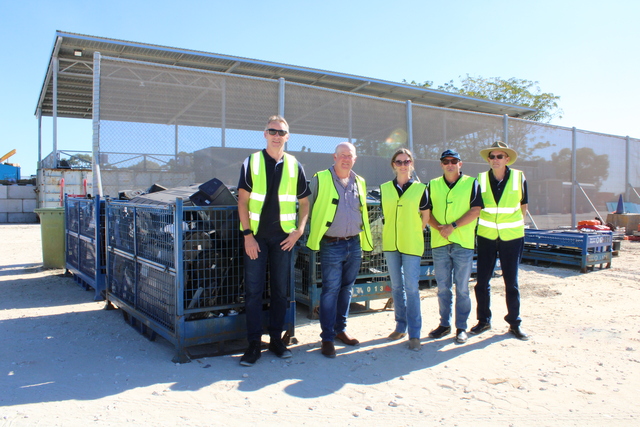In last February’s Editorial we wrote, ‘1996 is set to be a very important year for Local Government’. At the time, with the ink barely dry on the historic Commonwealth Local Government Accord, it was plain to most observers that a change in Government at the Federal level was imminent.
The election of the Howard Government in March meant change was inevitable. Prior to the Election, and during the process to develop the Accord, the Liberal National Party had made it clear that it would not be bound by the Accord. In Government, it would seek to negotiate a new agreement, to be known as a Memorandum of Understanding (MOU).
However, in the lead up to the March 2 election a number of pre election undertakings were sought and obtained from the then Opposition by the Australian Local Government Association (ALGA). Not the least of these was the inclusion of Constitutional recognition of Local Government as part of the Constitutional reform process and a review of the financial position of Local Government. Since its election, failure of the Government to honour these undertakings culminated late last year with the ALGA suspending negotiations on the MOU.
From what appears to be a major breakdown in Commonwealth Local Government relations, all was not lost during 1996. Despite massive cuts in the last Federal Budget, the ALGA was able to secure an increase in Commonwealth funding for Local Government in 1996/97, four percent higher than that of the previous year.
In his recent tabling of the first Local Government National Report to Parliament, Warwick Smith, Federal Minister responsible for Local Government, stated, “We would all agree that Local Government plays a key role in the well being of every Australian.”
He went on the say that for Australia to develop and prosper, all three spheres of government must play their part in establishing a framework of governance that allows individuals, families, business and communities to realise their potential and flourish.
Pointing to Councils’ traditional revenue sources such as rates and charges, the Minister said that these are generally not sufficient to fully finance Councils’ operations and provide an adequate level of service to residents. Given these statements, it would appear that the Federal Government’s backdown on its undertaking to review the financial position of Local Government is short sighted and counterproductive, placing increasing strain on many communities.
The Minister stating in his speech that, under the Local Government (Financial Assistance) Act, a review must take place no later than 30 June 2001, has not helped matters.
A productive partnership between the Commonwealth and Local Government is vital for the well being and prosperity of communities, large and small. From a national perspective, negotiations between the two spheres must be resumed. For the Commonwealth to not give an inch on its pre election promises and Local Government to withdraw from discussions is a no win situation that must be addressed as quickly as possible.







